Oothukkadu Venkata Kavi – Carnatic composer of 18th century and great devotee of Lord Krishna
Oothukkadu Venkata Kavi (1700-1765), also known as Venkata Subba Iyyer or simply Venkata Kavi was a poet and composer who lived in Tanjavur in the first half of 18th century. One of the early artists of Carnatic music, his songs were composed in the 18th century, passed to future generations through descendants of his brother’s family and now around 500 are available. Most of his songs are filled with devotion towards Krishna, composed in a rejoicing mood. Alaippayuthe Kanna, Adaathu Asangath Vaa Kanna, Kuzhaloothi Manamellam Kollai Konda, Neerada Sama Neela Krishna, Thaaye Yesodaa, Kalinga Narthana Thillana etc are some of his famous Keerthans written and composed by him in front of Lord Krishna at Oothukkadu Kalinganarthana Perumal Temple of Thanjavur. He also resided near to the temple.
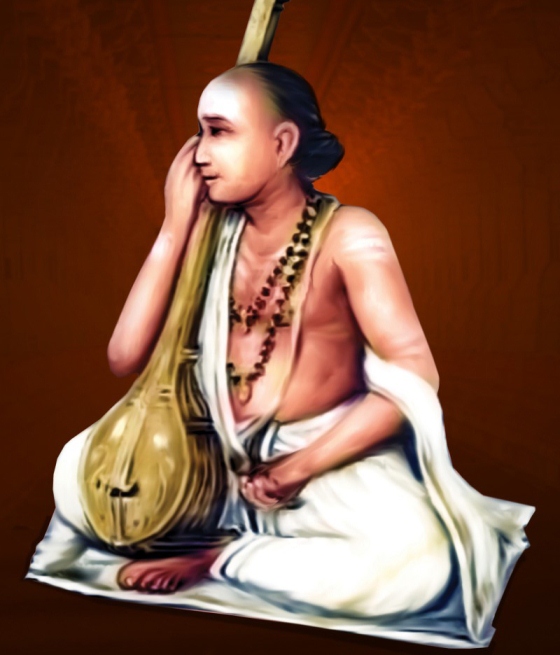
Oothukkadu Venkata Kavi was an exponent of Kriti, Thillana and Kavadichintu forms of music. His family moved to Oothukkadu when he was young. He was drawn towards music since young, and didn’t have any guru. As per popular belief, he was initiated to music by Lord Krishna. He had a deep knowledge about ragas and most of his compositions were somewhat autobiographical or his mental thoughts/agonies. He has composed numerous operas, the popular one being “Krishna Ganam” based on Bhagavatam narrating Lord Krishna’s birth and early childhood. He has also composed an opera on Krishna’s wedding with Radha and many others.
The poet spent his whole life in the temple premises reciting Keerthans in praise of Lord Krishna and others. It’s believed that Krishna used to dance before him while he composes songs sitting at temple. Also there is a popular belief that Lord Krishna used to hide behind forests and play flute specially for the devoted poet, and in some occasions played flute and danced before him. One such occasion might have given birth to the ever green song, Alaippayuthe! Through words the poet asks Lord if it is Dharma to make him loiter around and make him feel pain in search of Krishna. He composed songs in a combination of Tamil, Marathi and Sanskrit languages. He also tuned them based on Carnatic music. Centuries have left behind, yet these songs have not faded away.
There is one home in front of the temple – 90-years old ‘Gokulam’. On the right side of the house, there is a piece of land, where the poet resided in his house (as per popular belief). Sadly there is no memorial of this celebrated poet in his birth village. As it’s believed that Venkata Kavi lived in that particular portion of land, its owners who purchased the whole plot 90 years ago have not made any alterations there.
Oothukkadu Venkata Kavi – Some interesting and less-known facts
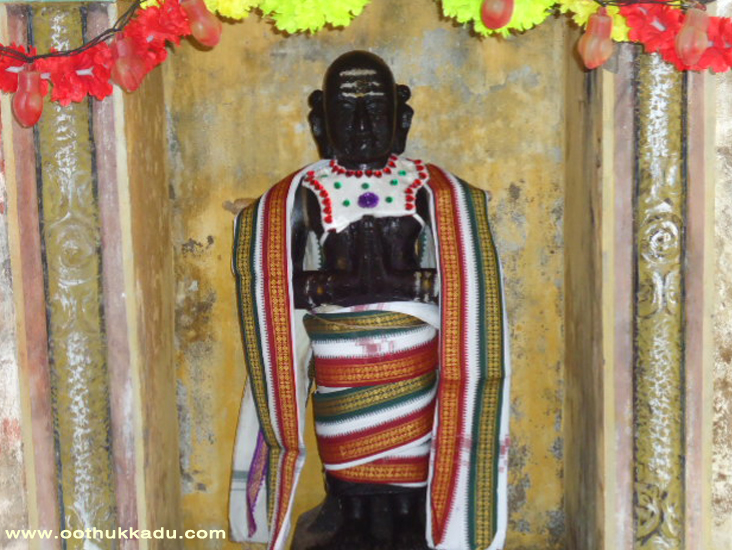
Oothukkadu Venkata Kavi at Oothukkadu Kalinganarthana Perumal Temple of Thanjavur
1. He regarded Lord Krishna as his guru, and composed songs praising him.
2. It’s believed that his most popular ‘Alaippayuthe’ song is a musical representation of his soul and spirituality.
3. Keerthans like Alaippayuthe and Thaaye Yasoda were composed as a part of musical skit, and it was based on Bhagavatham.
4. He has also praised other Hindu gods through his songs, not only Krishna.
5. His songs always end with rhythmic patterns.
6. It’s believed that he is an incarnation of Narada, who was instrumental in constructing 1000-year old Oothukkadu Kalinganarthana Perumal Temple.
7. Venkata Kavi spent his entire life at Oothukkadu Kalinganarthana Perumal Temple and its premises. The presiding deity is Bala Krishna in ‘Kaliyamardhanam’ form.
8. A small stone statue of Venkata Kavi is worshipped on the right side of flag post inside the temple. ‘Venkata Kavi Music hall’ is a small platform near to it, where artists perform every year during Janmashtami celebrations.
9. His compositions filled a gap between Purandara Dasa who lived during 1484-1564 and Carnatic Music Trinity during the period, 1760s-1840s.
10. Only a few composers could match his vivid imagination and detailed sketch of songs.
11. His contributions towards music have been compared to his contemporaries of world music like Mozart and Johann Sebastian Bach of West.


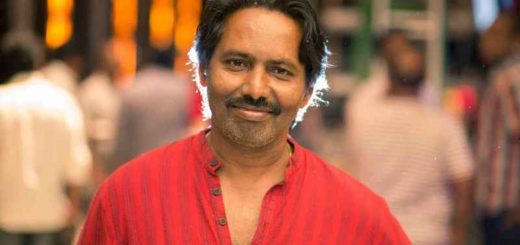
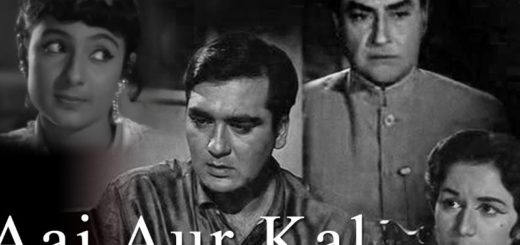
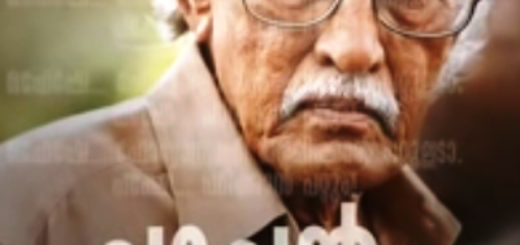

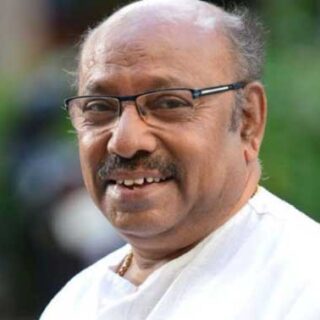
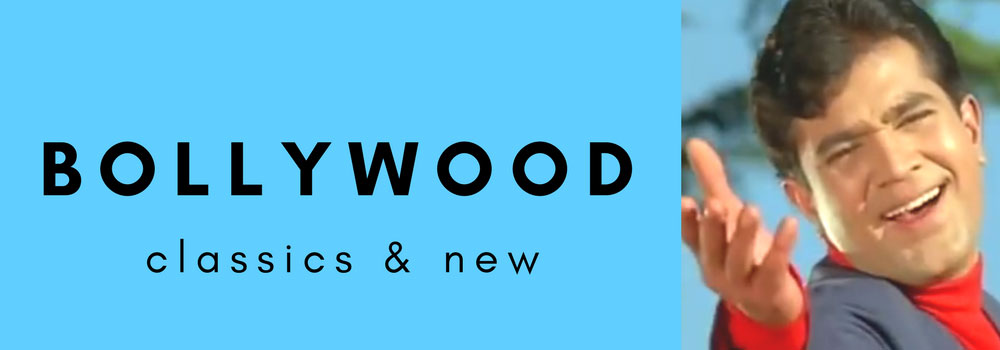
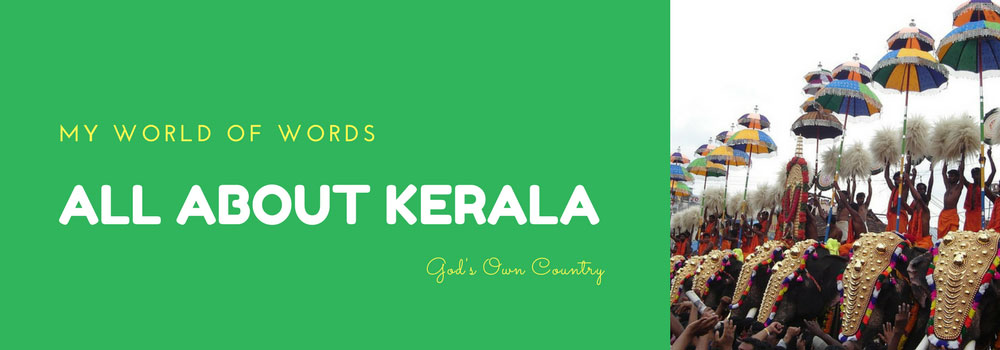

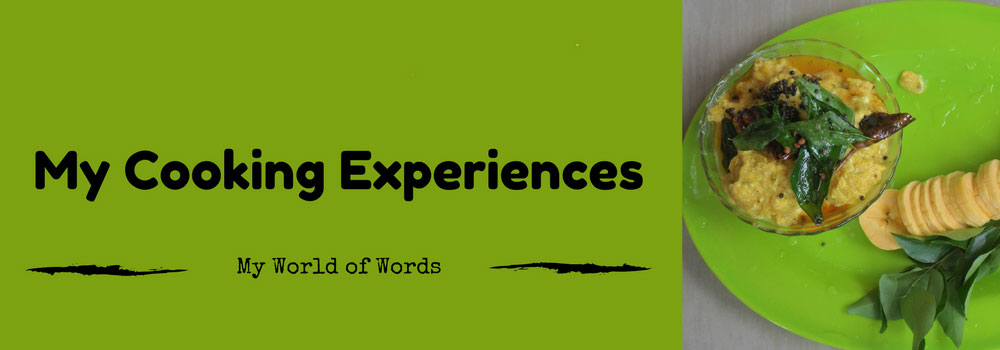


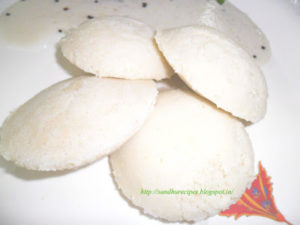
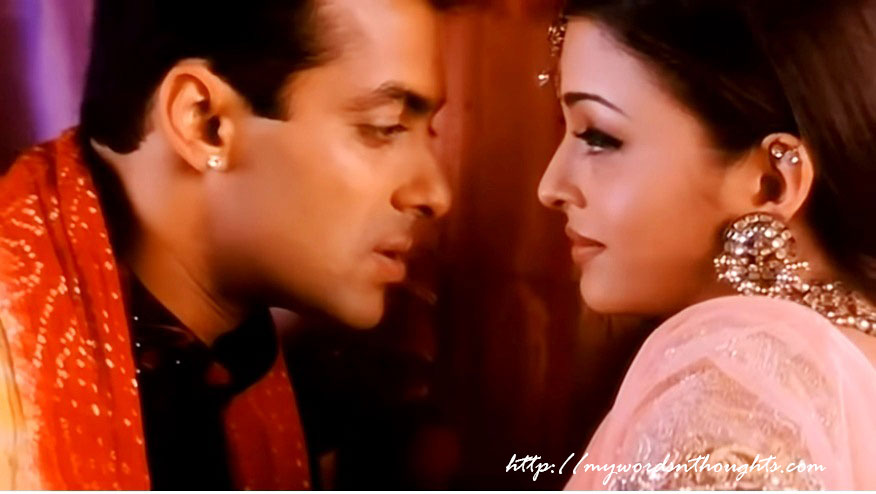
Recent Comments